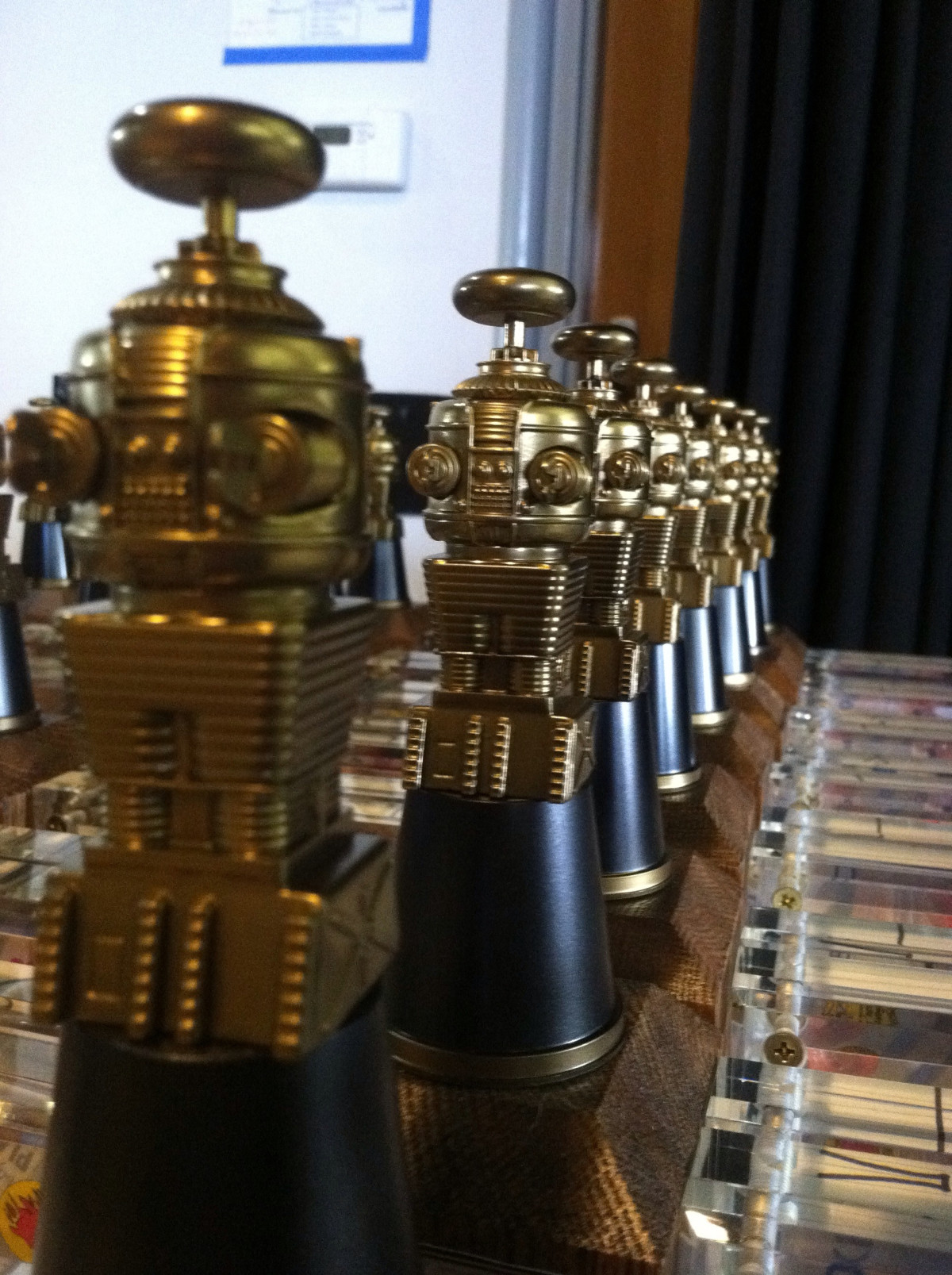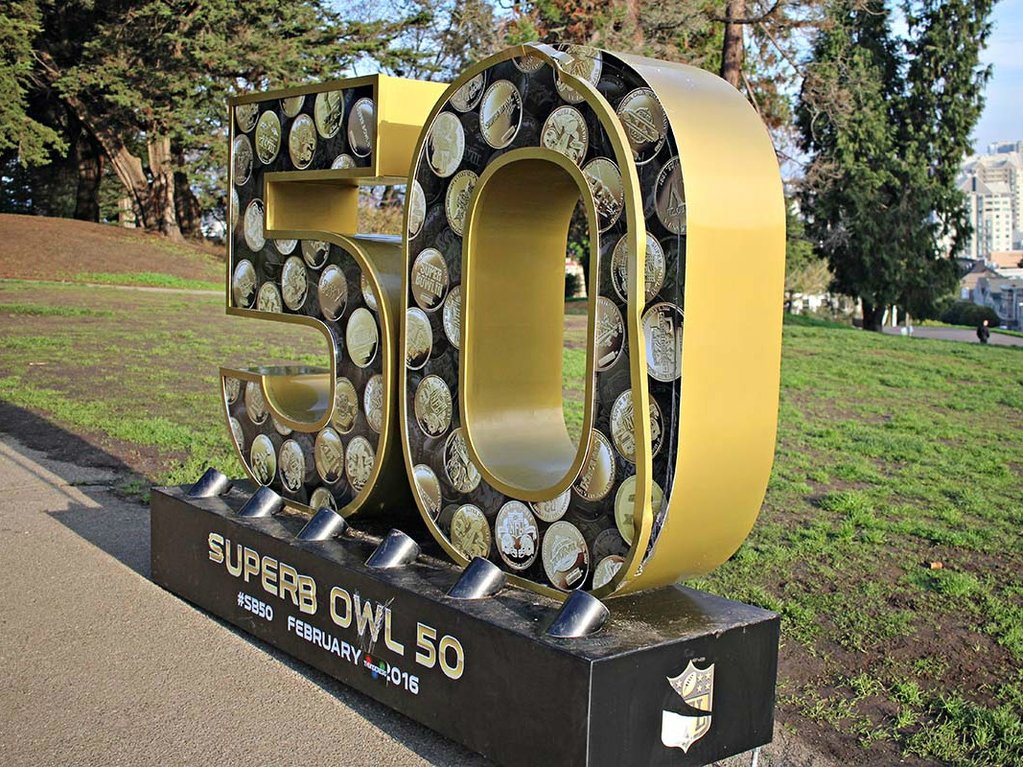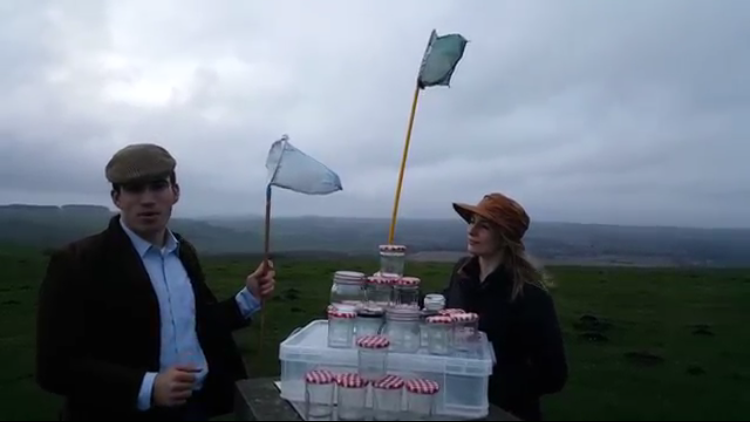Month: February 2016
-
Two ways to grow old
Are you the turtle or the hare? Flossie Dickey turned 110 and sounds exhausted, almost falling asleep on the set and would like nothing better than to be left alone. Virginia McLaurin is 106. Her joy at meeting the Obamas at the White House is infectious.
-
Teach a Robot to See
Following up on yesterday’s post about teaching artificial intelligence manners and ethics, this morning I listened to the latest episode of The Truth which features a dramatization of a blind man using a new kind of AI that helps him “see” – I won’t spoil the twist for you but it’s well worth the 10-minute…
-

How to train a robot to be nice
In response to fears that robots will take over and exterminate the human race, researchers at the Georgia Institute of Technology are studying ways to teach robots human ethical values. In the absence of an aligned reward signal, a reinforcement learning agent can perform actions that appear psychotic. For example, consider a robot that is instructed to…
-

Russian Tank Killer Drone
“A group of drones could operate in a fully autonomous mode – establishing a position and keeping to a designated route, and also interacting with other robotic complexes.” – RT News You read that right. Fully Autonomous. Shiver.
-
Tesla’s 1984 Moment
We all remember Apple Computer’s 1984 commercial. It represented Apple’s coming out as a viable alternative to the dull, beige box computer that was foisted on us. I proffer to you Tesla’s version of that commercial. Filmed by the Freise Brothers, it features a voice from the past describing a future that has arrived.
-
Year of the Monkey, Robot
This is how they celebrated the Chinese New Year in Guangzhou. 540 robots dancing in unison with a squadron of drones hovering overhead in formation.
-

Superb Owl
The circus has left town but that’s not to say the city didn’t get the chance to poke a little fun at the NFL’s self-importance.
-

Aethaer : Bespoke Air from Great Britain
I believe the English phrase is, taking the piss. Taking advantage of all the reports of poor air quality in China, British entrepreneur Leo De Watts is making “thousands of dollars” selling bottles of “naturally occuring, lovingly bottled” air to the Chinese. Echoing the “bespoke” values of the old country, Aethaer uses traditional materials and…